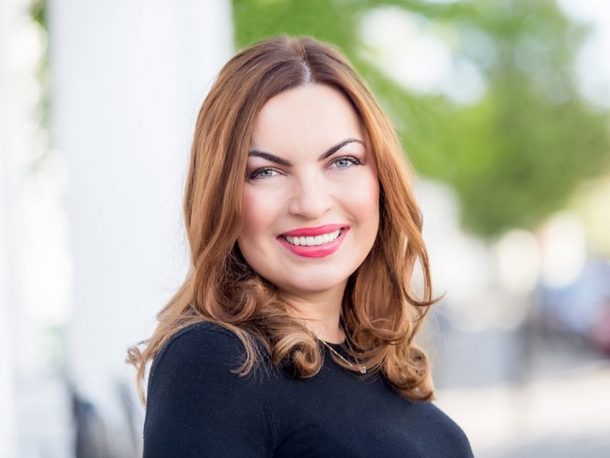Not only does a low level of body confidence have an impact on everyday things such as mental health, love life and social life, but 20% of people said that it has also held their career progression back, according to new research by Better.
The statistics were revealed through a survey of over 2,000 people, to better understand the issue of body image and body confidence which has become so prevalent in recent years due to the constant media images of the “perfect body”.
The survey found that women have a lower body confidence than men, with over half of female respondents claiming they are not confident about how their body looks, compared to 36% of men.
As a result of this lack of confidence, it was found that 37% of people would avoid wearing certain items of clothing, 22% would not take part in physical activity, 14% would not go on a date and 13% wouldn’t go on holiday. Such number highlight the everyday issues people who suffer from low body confidence must face, with 7% saying that they wouldn’t even go to a job interview because of it.
The biggest impact was seen to be had on 18-24-year-olds however, with a massive 57% of respondents confirming that their mental health took a hit due to their negative perceptions of body image, as well as 35% saying their career progression was also affected.
This could perhaps be linked to an increased consumption of images on social media platforms. Body image disorder activist Daren Pritchard said:
“In a day where image is so important, social media perpetuates this and makes it hard to feel confident if you don’t conform to 90% of what is sold to you as attractive. Again, when your body type is represented, it becomes a big deal and is often shown as ‘alternative’ to the ‘norm’ – which doesn’t assist in being inclusive.”
Social media influencer and model, David James Seed, who struggled with his own body confidence issues in his youth due to suffering from a structural deformity in his chest called pectus excavatum, said that social media can sometimes misrepresent reality. He said this sort of content could potentially cause some to become insecure and suffer in terms of confidence. He said:
“Granted, social media especially, is often a perception of someone’s life, only showing the ‘ups’ and rarely the downs (unfortunately) and cannot always be taken as reality. That needs to be understood. Unfortunately, there are influencers who do portray a false reality, false aesthetic, false success and this derives from their own insecurities and financial gain.”
